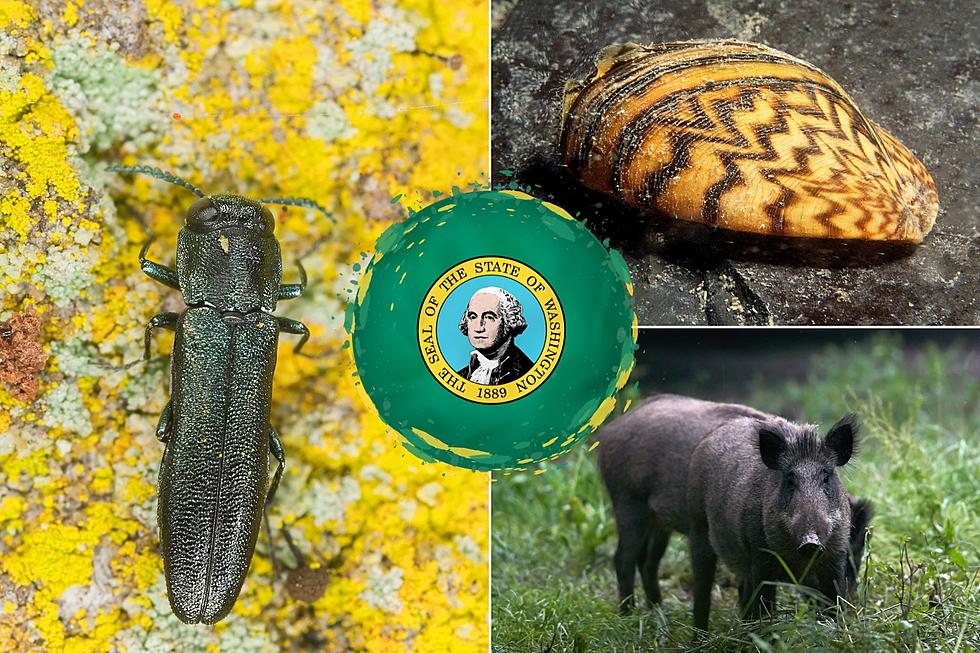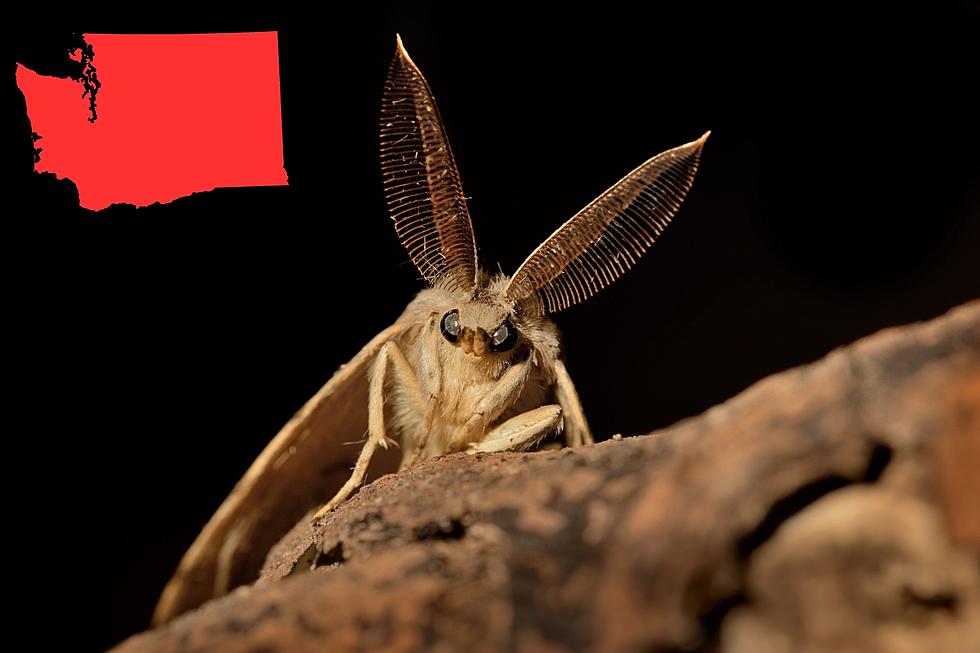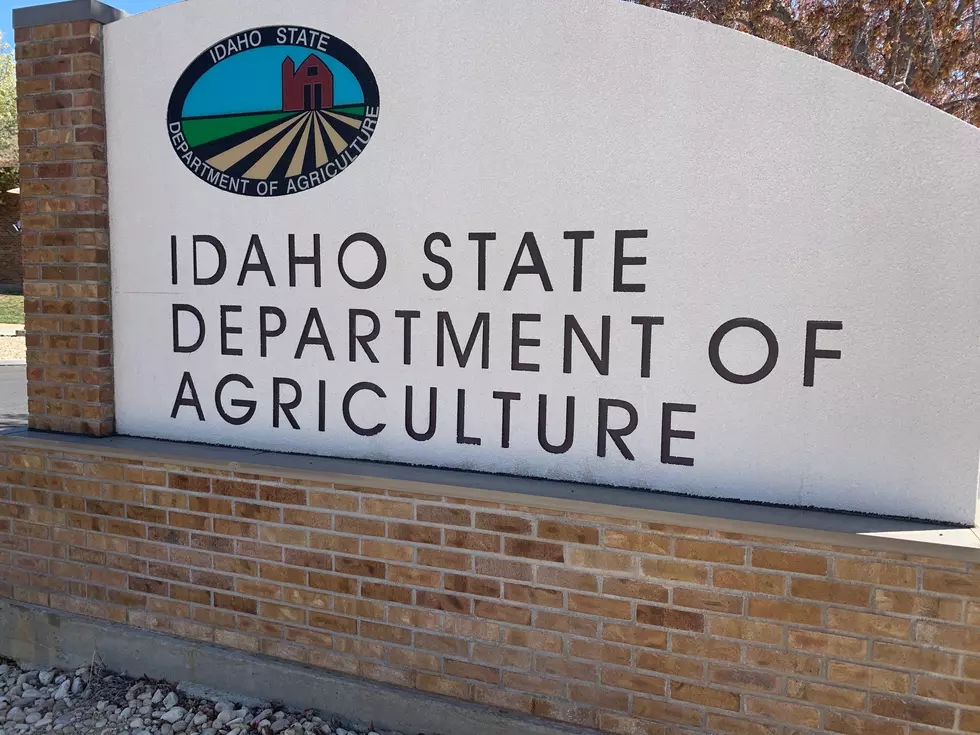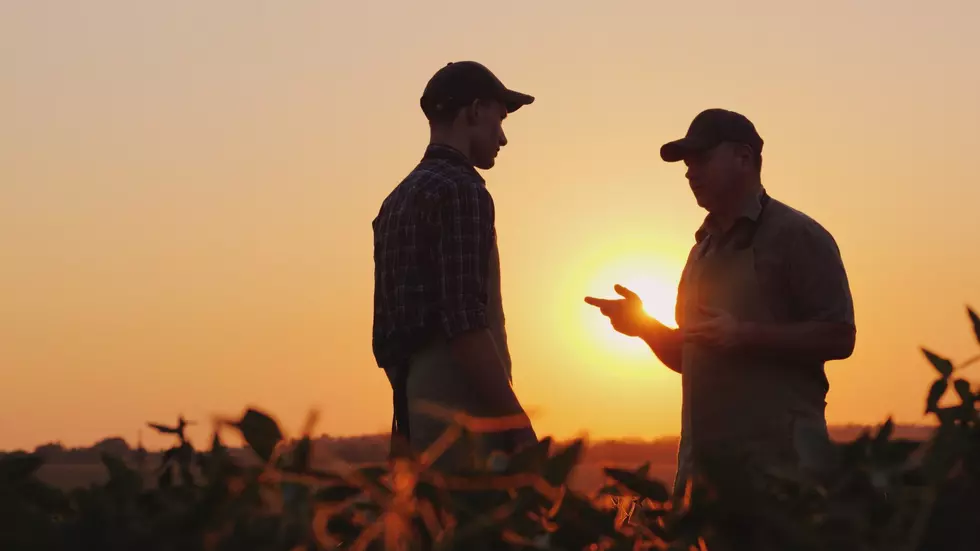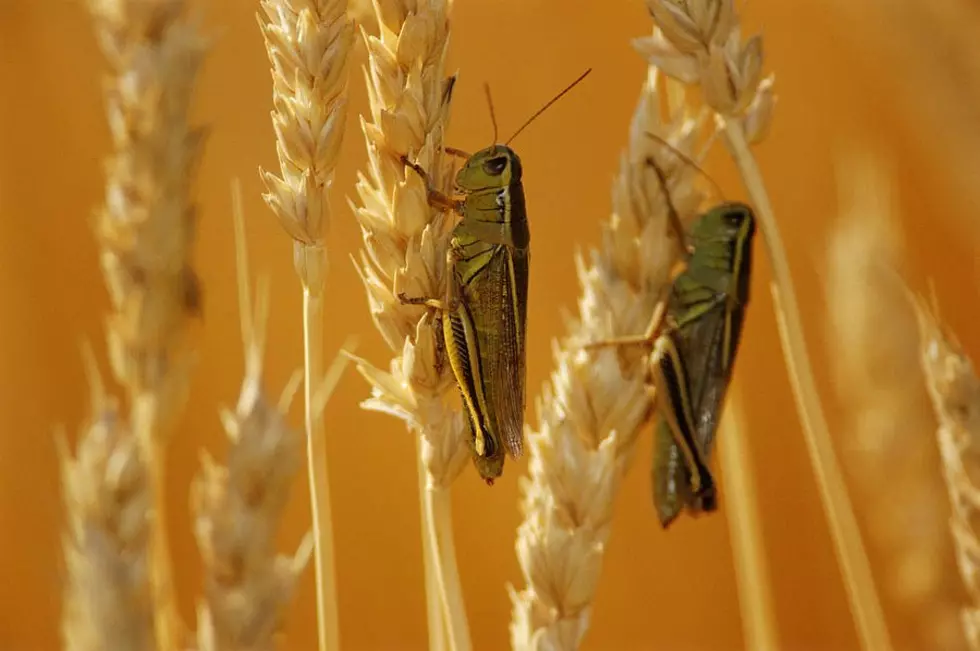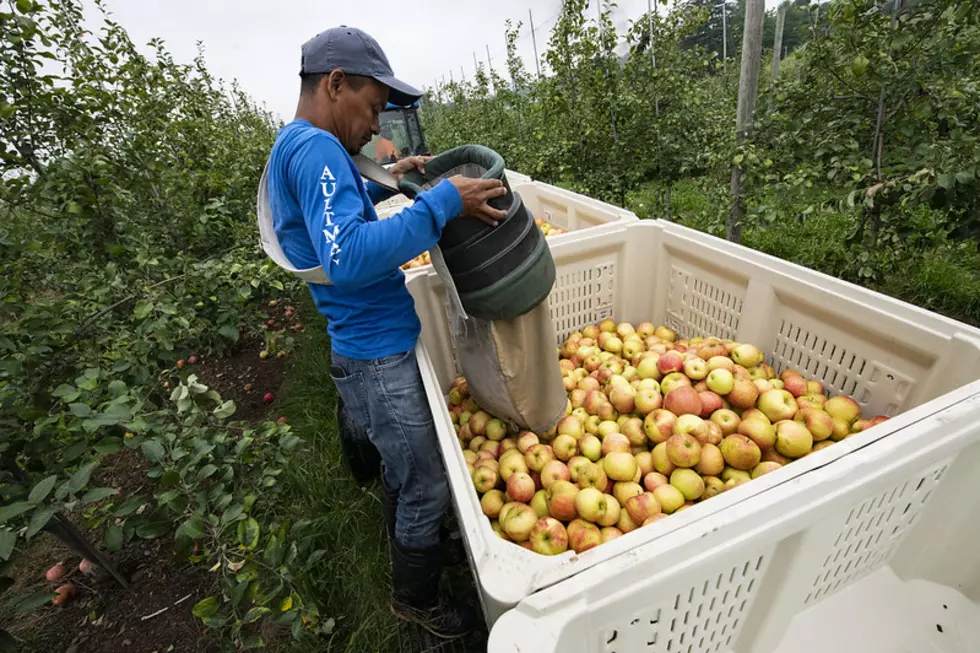
Washington’s Invasive Species Awareness Week Goes Virtual
Washington Governor Jay Inslee has proclaimed February 22nd through February 28th as Invasive Species Awareness Week.
"Invasive species threaten our economy, environment, recreation opportunities and can even harm our health,” Inslee said. “I’m calling on everyone who loves this state we call home to become aware of invasive species and take steps to prevent the spread of these damaging plants and animals.”
In his proclamation, Inslee notes that everyone has a role to play in stopping invasive species. The council encourages Washingtonians to be on the lookout for plants and animals not native to Washington as they spend time outdoors, take their dogs for walks or go about their daily lives. Residents should report any potential invasive species they spot using the Washington Invasives mobile app or by visiting InvasiveSpecies.wa.gov.
To help, the Washington Invasive Species Council said it is offering a variety of virtual activities during the awareness week to help people learn to identify, report and prevent the spread of invasive plants and animals.
“If you see something, say something,” said Justin Bush, executive coordinator of the council. “If you spot a plant, bug or animal that you don’t recognize or you see an abnormally high number of organisms in a small area, you may have found a new invasive species. Your report could be crucial to triggering a response, containing the population and limiting damage.”
Without early detection and response, invasive species can cause irreversible damage to crops, forests, fish, livestock and other wildlife in the Pacific Northwest and nationally.
“The public is key to the state’s success in the fight against invasive species,” said Derek Sandison, director of the Washington State Department of Agriculture. “Not only did a member of the public report the first-ever Asian giant hornet, but alert residents have been responsible for more than one-third of new invasive species detections in the state since 1990.”
Due to the impacts and continued risk of COVID-19, the week’s activities are going virtual this year, with most events being live Webinars shared via social media. Please make sure to register in advance for the Webinars because spots are limited.
Webinars and Events:
February 22–Feral Swine Identification, Planning, and Response
February 23–Spotted Lanternfly Identification and Risk to Agriculture
February 24–Aquatic Invasive Species: Statewide Prevention, Monitoring, and Management Overview
February 25–10th Annual Columbia River Gorge Invasive Species & Exotic Pest Workshop
February 26–Asian Giant Hornet Identification, Risk, and Response
“Much of what it means to be a Washingtonian is at risk,” said Kelly Susewind, director of the Washington Department of Fish and Wildlife. “Invasive species threaten our recreation, wildlife, land and water. Everyone who works or recreates outdoors should brush their boots and equipment and also clean, drain and dry their gear–especially boats and trailers–after every trip.”
Click Here to learn more about Invasive Species Awareness Week.
If you have a story idea for the PNW Ag Network, call (509) 547-1618, or e-mail gvaagen@cherrycreekmedia.com
More From PNW Ag Network
